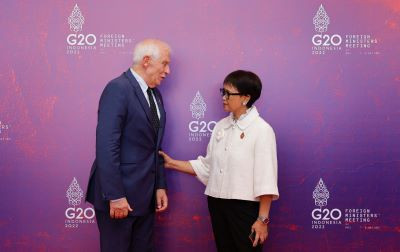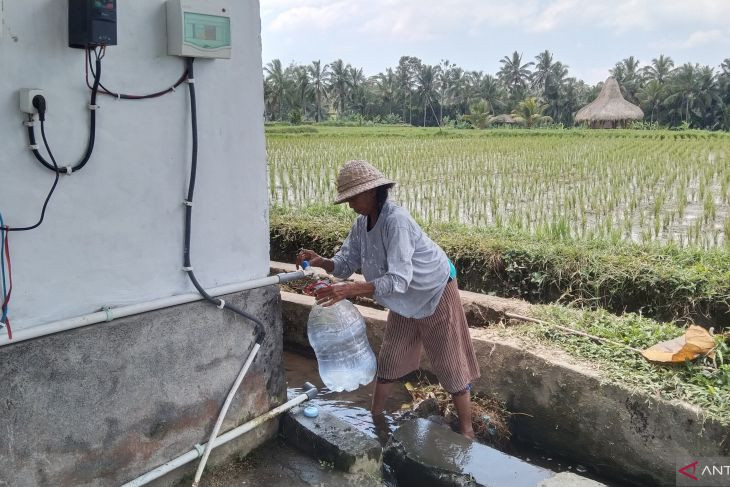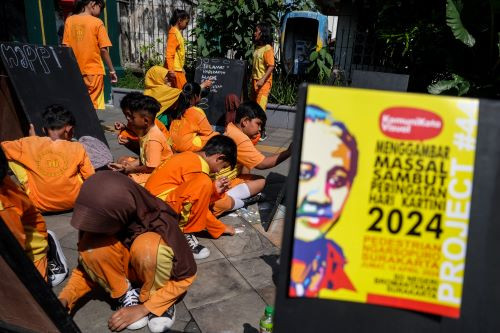Costly holiday
It has cost the government Rp 35.76 trillion (US$2.55 billion) to prove to the state apparatus that the “Ramadhan blessing” is real.
Change Size
 Idul Fitri exodus – Thousands of cars and buses queue on Pejagan-Brebes toll road in Central Java in 2016. (Tempo/-)
Idul Fitri exodus – Thousands of cars and buses queue on Pejagan-Brebes toll road in Central Java in 2016. (Tempo/-)
T
he festivities will soon begin across the archipelago. Roads are undergoing renovations and new toll roads are being built to facilitate the movement of people leaving their cities of residence for their hometowns to celebrate Idul Fitri, the much-awaited holiday in the country with the largest Muslim population.
In a show of generosity the government has announced a 10-day holiday and unprecedentedly splashed out on Idul Fitri bonuses and extra salaries for millions of civil servants, police and military personnel and retirees that will allow them and their families to join in and enjoy the party. It has cost the government Rp 35.76 trillion (US$2.55 billion) to prove to the state apparatus that the “Ramadhan blessing” is real.
Whether the lavish spending will result in better management and an accident-free and orderly Idul Fitri exodus, however, remains to be seen.
Last year the government claimed success in managing one of the world’s largest exoduses, citing, among other indicators, a 41 percent decline in road accidents from the figure in the previous year and the punctuality of airplane operators, which reached 90 percent.
Better road infrastructure will certainly incentivize holiday revelers to use their cars, although state railway company PT KAI, flag carrier Garuda Indonesia and private-sector transportation operators have offered more seats. For the first time in the history of the Idul Fitri exodus, the ports of Merak in the western tip of Banten and of Surabaya, East Java, will be connected by toll roads.
The Transportation Ministry has forecast a 28 percent hike in the number of cars and 33 percent in motorcycles. Altogether 12.4 million cars and motorbikes will hit the roads during the upcoming exodus.
Despite the government’s claim of better preparation, traffic congestion looks inevitable, particularly in Java, as a result of the yawning gap between the roads available and the soaring number of vehicles. To help ease traffic, the government will ban trucks from traveling on the peak days of the mass exodus, deploy more police to attend routes prone to gridlock and persuade motorists to use alternative roads.
The same hectic mass human movement will recur after the party is over. More money will be burned. And there is no guarantee the exhausted holiday makers will return to work on time.
So what does the government, today and in the past, actually gain from throwing huge sums of money to please millions of people every year?
Economists say the holiday revelers boost local economies, which in turn helps the national economy grow, thanks to increased consumer spending. But industry players and foreign investors expect production declines, particularly now that the government has extended the public holiday, which employers say is too long, at a time when Indonesian exports are not performing.
As a country infamous for its low productivity, the government needs to consider the costs and benefits next time it drafts policies related to the Idul Fitri holiday.









